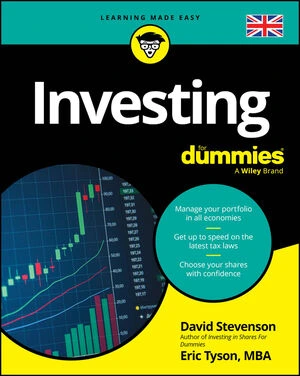For instance, if a company's stock was truly undervalued, other investors will have already recognized it and bought the stock. If enough investors buy a stock, they push the price up, and the shares are no longer undervalued. And thanks to the proliferation of electronic investing, analysts and investment firms with access to instantaneous information feeds can make such trading moves very quickly.
For that reason, index investors think trying to buy and sell stocks at just the right time, or use market timing, is impossible. In addition, index investors say that if there is an edge to fundamental analysis, it's wiped out by the cost and time consumed digging out the information. For that reason, index investors skip the fundamental analysis, and instead:
- Diversify: Rather than trying to pick the companies and stocks that will do best, fundamental analysts buy small stakes in as many stocks as possible. Generally, index investors will buy mutual funds that own hundreds, if not thousands, of stocks. That way, if any one company stumbles badly, the loss is very small as a percentage of the portfolio.
- Buy index funds: Because index investors don't think fundamental analysis gives investors an edge, they don't see any reason to pay a mutual fund manager to pick stocks for them. Instead, they buy mutual funds that own all the stocks in popular stock indexes, such as the Dow Jones industrial average or Standard & Poor's 500. The Dow mirrors the ups and downs of 30 large, well-known companies, and the S&P 500 measures the market's performance using 500 of the largest companies' shares.
- Focus on costs: Index investors assume the best way to make money in the stock market is by keeping costs low. Index funds generally have low expenses. And rather than spend personal time researching stocks, index investors generally buy a diversified basket of stocks and then forget about the holdings.






